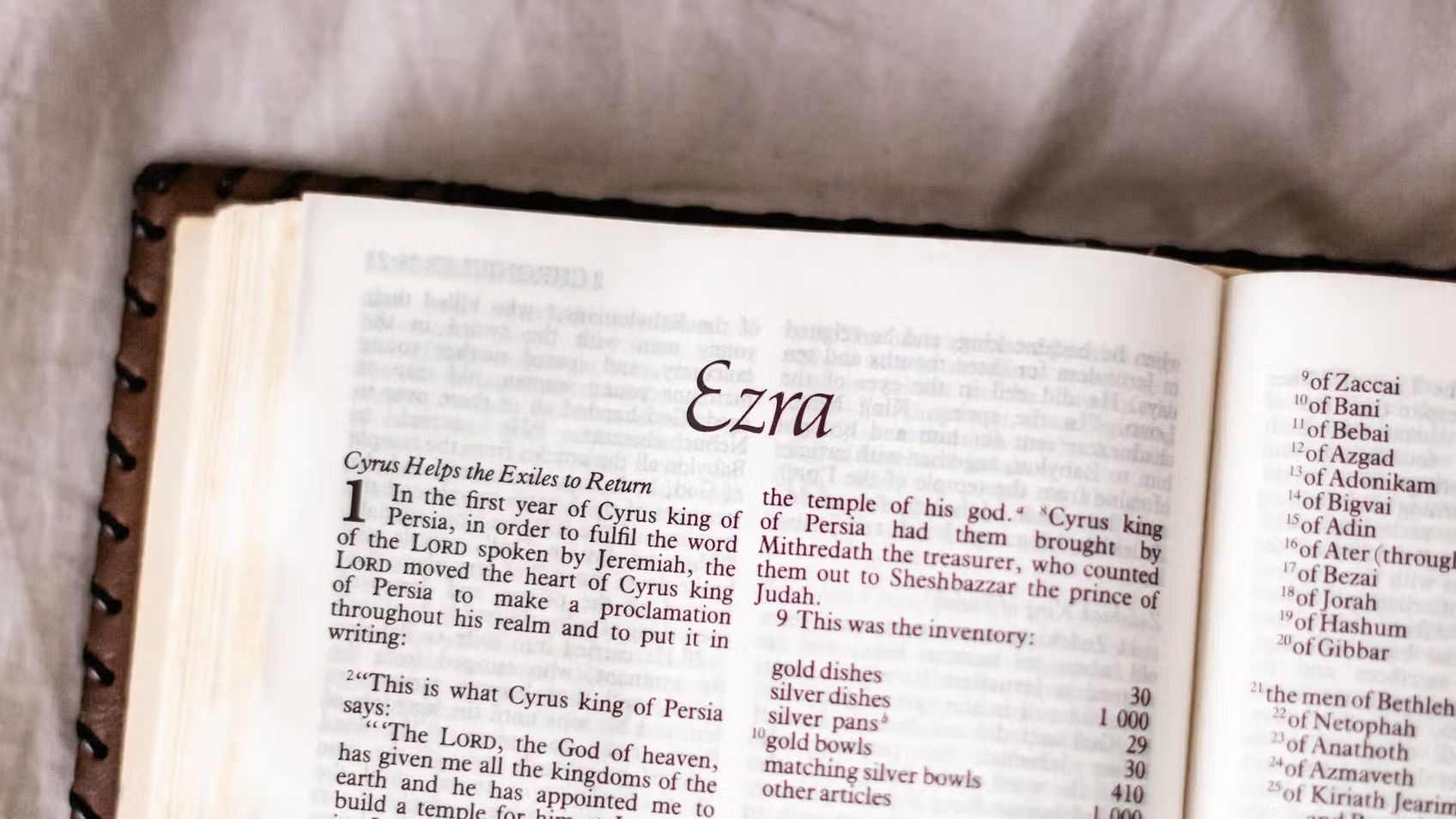Ezra 9 - 10

In this discourse, Steve Gregg discusses the issue of intermarriage between the Jewish people and other nations, particularly with regard to their religious beliefs and cultural differences. He notes that while marrying someone from a different race or culture can be challenging, it is important to choose a mate based on a desire to glorify God in marriage. Gregg emphasizes the importance of aligning one's attitudes and behaviors with God's revealed standards, which can lead to repentance and a desire for divine mercy. He shares insights from the book of Ezra, highlighting the example of the Jewish community seeking to separate themselves from pagan influences, and discusses the significance of fasting, prayer, and other spiritual practices in Jewish piety during their exile.
More from Ezra

Series by Steve Gregg










More on OpenTheo















